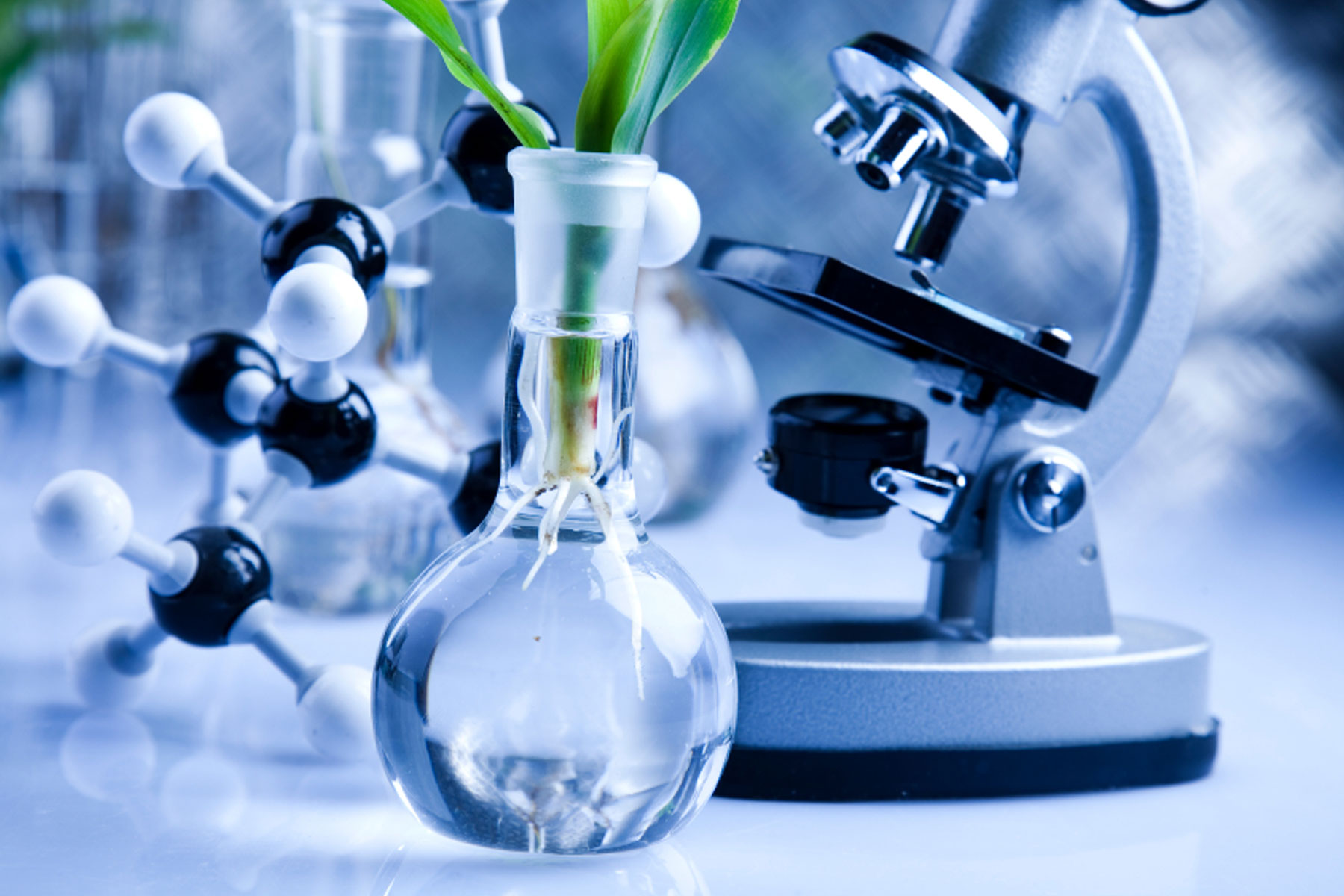HELP FUND NISSI TO IMPROVE BIOTECHNOLOGY RESEARCH
Fundraising campaign by
Nissi Emma Adamah
-
US$50.00raised of $3,000.00 goal goal
No more donations are being accepted at this time. Please contact the campaign owner if you would like to discuss further funding opportunities
Campaign Story
I am Nissi Emma Adamah born to missionary parents who have dedicated their lives to the christian service across french-speaking Sub-Saharan Africa for over two decades. I have experienced first hand the true definition of a life of sacrifice and altruistic service, which is the basis for my commitment to enhance biotechnology research in view of improving the health and living conditions of humanity. I am burdened with the need to develop improved varieties of plants and animals to meet up with the demands of the growing population as well as make available genetically modified plant and animal produce to less privileged societies at reduced costs. The purpose of this campaign is to raise support in order to begin undergraduate studies in Biotechnology in China.
Vision: Following the economic boom brought about by the discovery of energy from fossil fuels, our environment has enormously been degraded. Human activities over a long period have damaged the ecosystem and as a result have had negative effects on general health and wellbeing.
My interest in the field of Biotechnology, in a general sense, aims at preserving life as we know it, including species which are dying out rapidly. Techniques employed in Biotechnology will be used to develop clean and eco-friendly energy sources as well as provide improved health care at reduced costs to less privileged communities.
Together we can drive the "BIOTECHNOLOGY CAN IMPROVE LIFE" initiative.
Organizer
- Nissi Emma Adamah
- Campaign Owner
- Abidjan, CI
Well motivated young scholar dedicated to playing my role as a global citizen by the use of technological innovation to improve living standards.
Well motivated young scholar dedicated to playing my role as a global citizen by the use of technological innovation to improve living standards.
HUMAN ACTIVITIES AND THE ECOSYSTEM
Update posted by Nissi Emma Adamah at 01:09 pmOur environment is rapidly changing as human activities have gradually degraded the ecosystem, a fact a large number of people are still oblivious to. The impact of this unreasonable and ill thought out activities, no matter how much of economic importance are sabotaging the cumulative efforts of health specialists around. . . . .
BIOTECHNOLOGY COULD IMPROVE THE QUALITY OF LIFE.
Update posted by Nissi Emma Adamah at 02:38 pmHow could biotechnology improve your life? 25 Feb 2013Experts on the World Economic Forum’s Council on Biotechnology have selected 10 developments which they believe could help not only meet the rapidly growing demand for energy, food and healthcare, but also increase productivity and create new jobs, should issues such as. . . . .
Donors & Comments
- Anonymous
- Donated on Aug 02, 2017
Praying for you Nissi! This funding will all come through!




Praying for you Nissi! This funding will all come through!